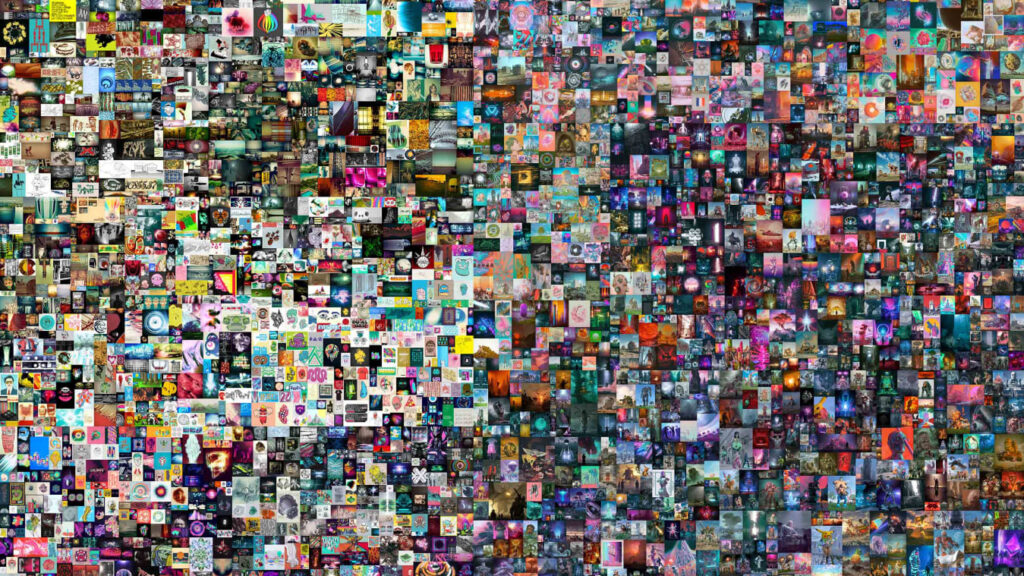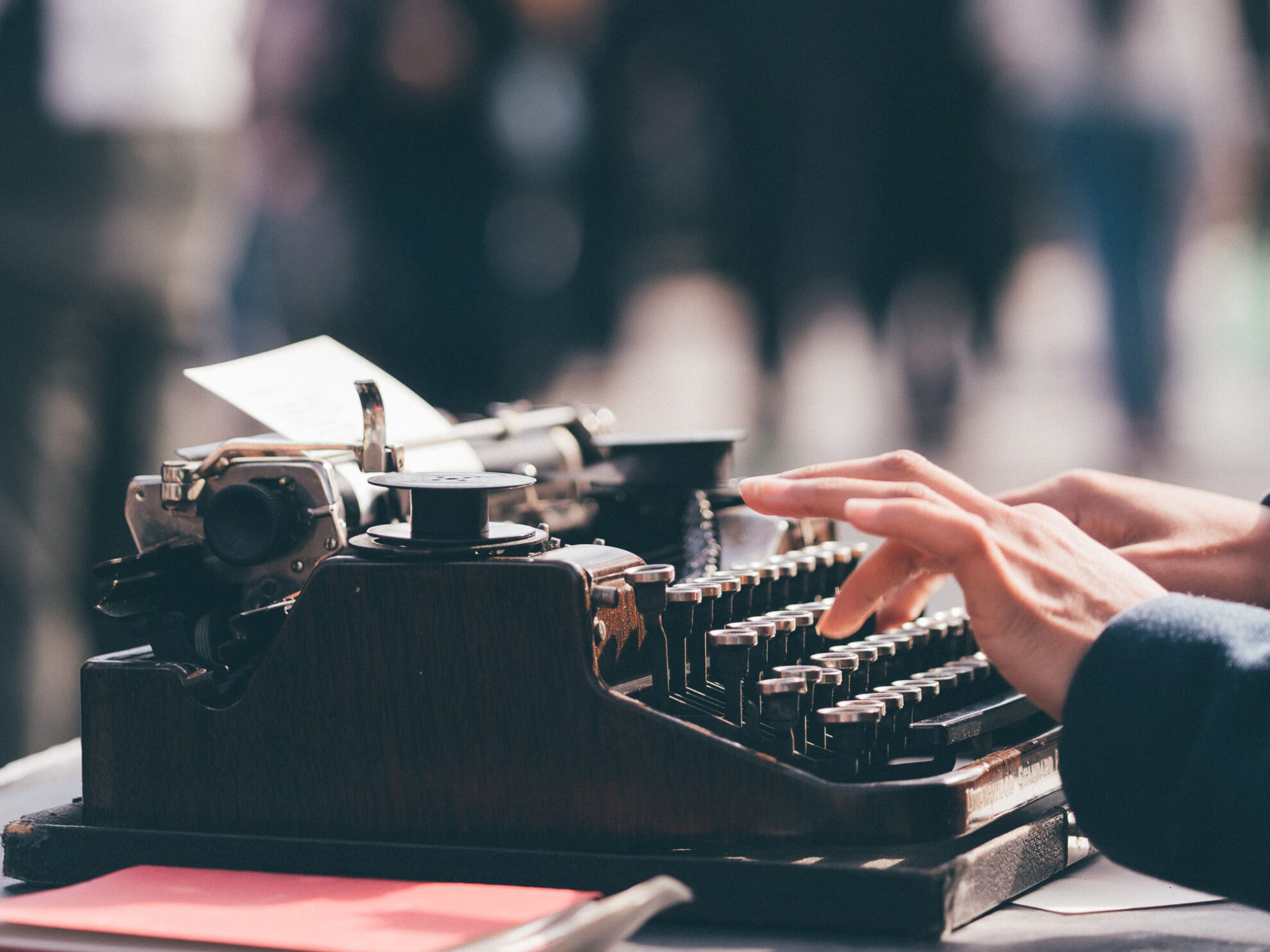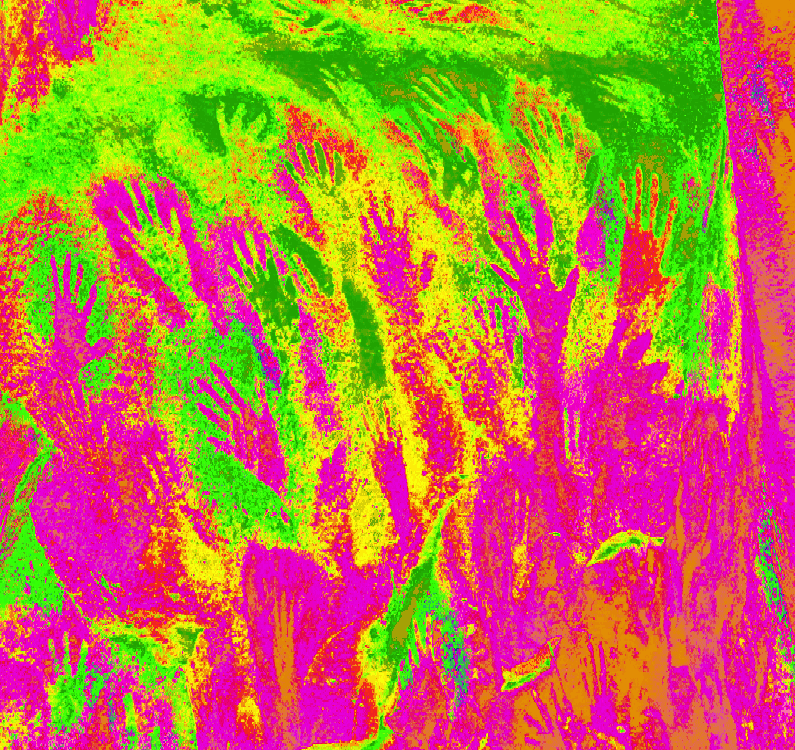The process of commissioning a personalized work of art is generally envisioned as lengthy, emotional and most often very expensive. But one company is now offering unique, bespoke artworks on canvas generated in a matter of minutes thanks to AI technology.
AI Art In An Instant
Startup Artifly, whose name derives from “art on the fly”, is experimenting with a new kind of art commission. Rather than conversations with an artist, customers share their tastes and preferences with an algorithm. At the end of the process, AI technology creates a brand new, personalized artwork on canvas for the client.

So how does it work? On Artifly’s website, a potential buyer is presented with a series of artworks. These may be Impressionistic landscapes, Kandinsky-like abstractions, or Surrealist figures. The customer can scroll through, choosing the designs they find attractive and submit their selection. They will then be presented with another couple of rounds of artworks to “finetune” results as the algorithm gets familiar with the client’s tastes. After the “getting to know you” process is complete, an email arrives within minutes. The email contains a custom-made AI artwork which the user can choose to buy.
A Breath of Fresh Air?
As far as recent art trends go, Artifly’s creations are an alternative to the esoteric worlds of NFTs and crypto art. The technology may be cutting-edge, but customers get a pleasingly tangible, traditional product at the end.
Artifly’s other selling point is its price range. While collectors of digital art have been spending millions on obscure blockchain based creations, Artifly’s canvases are appreciably affordable. Prices start as low as $29 for a stretched, unframed artwork on canvas and go up to a couple of hundred dollars at most.

The modest prices are particularly surprising given the Artifly creators’ inspiration. The three founders, Ben Kovalis, Eyal Fisher and Guy Haimovitz, began delving into the world of AI art after seeing an auction at Christie’s. The work under the hammer was Portrait of Edmond de Belamy (2018) by Obvious. It was the first-ever original artwork generated using artificial intelligence to come to auction. It sold for a staggering $432,500 despite its estimated price of $10,000. Impressed by the sale, the trio established the Art AI Gallery in 2019. The gallery houses collections of artworks created using an algorithm.
AI as an Assistant
Last month, they launched Artifly, enthused by the way technology like algorithms could create beautiful and meaningful art. Talking to Artnet, Kovalis explained that they are often asked “so you want to replace human artists with robots?” But Kovalis wants to make it clear that the technology is more like a helping hand: “Definitely not—first of all because we don’t think that it is possible to replace artists. This is simply something that enhances art.” He also highlights the fact that the technology does not function on its own. “You need a lot of sweat, and tears and human involvement to make an AI algorithm that creates something beautiful.”
Furthermore, Artifly is a collaboration between human tastes and technological production. The artworks are still necessarily the product of human creativity, i.e. the client’s selection of images.
As with many recent digital art trends, Artifly’s prices may begin to creep up as the mainstream begins to embrace AI art. And given that it might be easier for some to wrap their head around than the NFT phenomenon (including the new NFT platform on BitClout), perhaps that day is not so far away.





